Trump’s “Antifa Terrorists” Gambit: When Democracy Becomes the Enemy
Trump is weighing labeling Antifa as domestic terrorists, despite it being a loose movement. Critics warn the move weaponizes tragedy, undermines the First Amendment, and risks pushing America closer to authoritarian rule by criminalizing dissent.
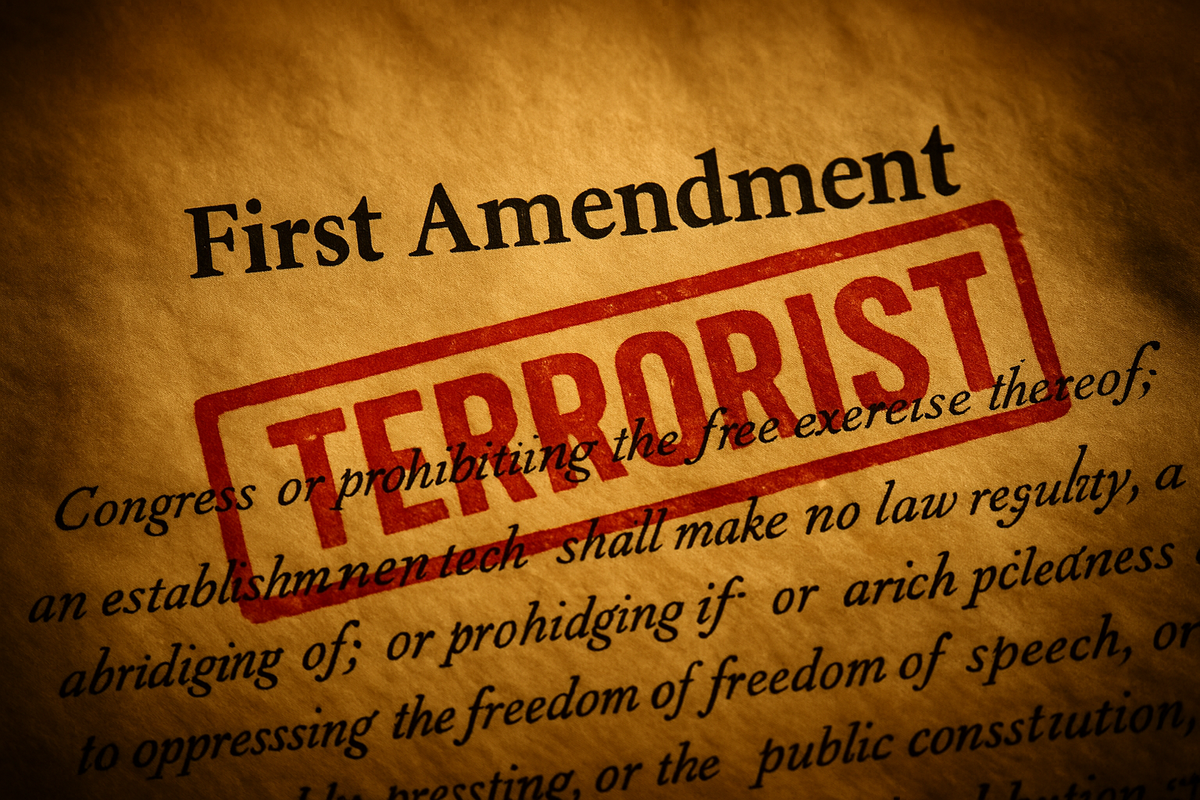
So here we are. Donald Trump, standing in the Oval Office, solemnly declaring that he might — just might — name Antifa a “domestic terrorist organization.” Small problem: Antifa isn’t an organization. There are no membership cards, dues, or board meetings. You don’t get a Christmas party invite with “Antifa” embossed in gold. It’s a loose movement, a set of ideas. Which means Trump is really trying to slap a terrorism label on…ideology.
That’s not law enforcement. That’s thought policing.
Democracy Depends on Dissent — Even the Dissent You Hate
Democracy runs on a messy engine: free speech, protest, organizing, yelling in the streets. It’s not always polite, but it’s the whole point. The First Amendment wasn’t written so we could whisper compliments to presidents — it was written to protect speech that those in power don’t like.
So when Trump threatens to criminalize an idea — “anti-fascism” — he’s not just picking on radicals in black hoodies. He’s setting a precedent: that political opposition itself can be terrorism. And once dissent equals terrorism, democracy’s lights start flickering.
The Constitution Has Receipts
This isn’t just abstract theory. The Constitution lays down some hard boundaries:
- First Amendment: Free speech and assembly don’t disappear because the president finds them inconvenient.
- Due Process: You can’t punish entire movements without evidence of actual crimes.
- Checks and Balances: Executive branch power isn’t supposed to be a magic wand for criminalizing critics.
Trump waving around tools like RICO charges and IRS tax status revocations against nonprofits is like a kid swinging a chainsaw in the living room. The Constitution provides the guardrails — but only if the courts and Congress have the backbone to use them.
The Dictator Starter Pack
Let’s be honest: this is a familiar playbook. Strongmen around the world use the same five steps:
- Exploit a tragedy: Charlie Kirk’s death is horrific, but already being wielded as justification for crackdowns.
- Label opponents as threats: “They’re terrorists!” is always the rallying cry.
- Expand executive power: Use DOJ, IRS, and security laws not against criminals, but against critics.
- Erode pluralism: Only one acceptable ideology remains: loyalty to the leader.
- Normalize suppression: Suddenly, silencing opposition feels like “keeping order.”
This isn’t America “getting tough.” It’s America flirting with dictatorship in broad daylight.
Snark, Meet Seriousness
Because let’s call this what it is: Trump doesn’t want to fight terrorism; he wants to fight criticism. Antifa is scary not because of what it does (again, not an organization), but because of what it represents: opposition to authoritarianism. The irony is exquisite: the guy threatening dictatorship wants to criminalize the movement literally called anti-fascism.
If Orwell were alive, he’d just sigh and go back to bed.
Where We Stand
This isn’t about liking or agreeing with Antifa. You don’t have to. The point is that in a democracy, the government doesn’t get to ban ideas or crush nonprofits for opposing the ruling party. That’s fascism with a spray tan.
And if the U.S. slides down that slope — where the president decides which groups live or die politically — then the Constitution isn’t worth the parchment it’s printed on.
Closing Thought
Trump doesn’t want to defend America’s democracy. He wants to defend his power from democracy. And if he succeeds, we’ll wake up one day and find that the “terrorist” label no longer belongs to Antifa — it belongs to anyone who dares to disagree.
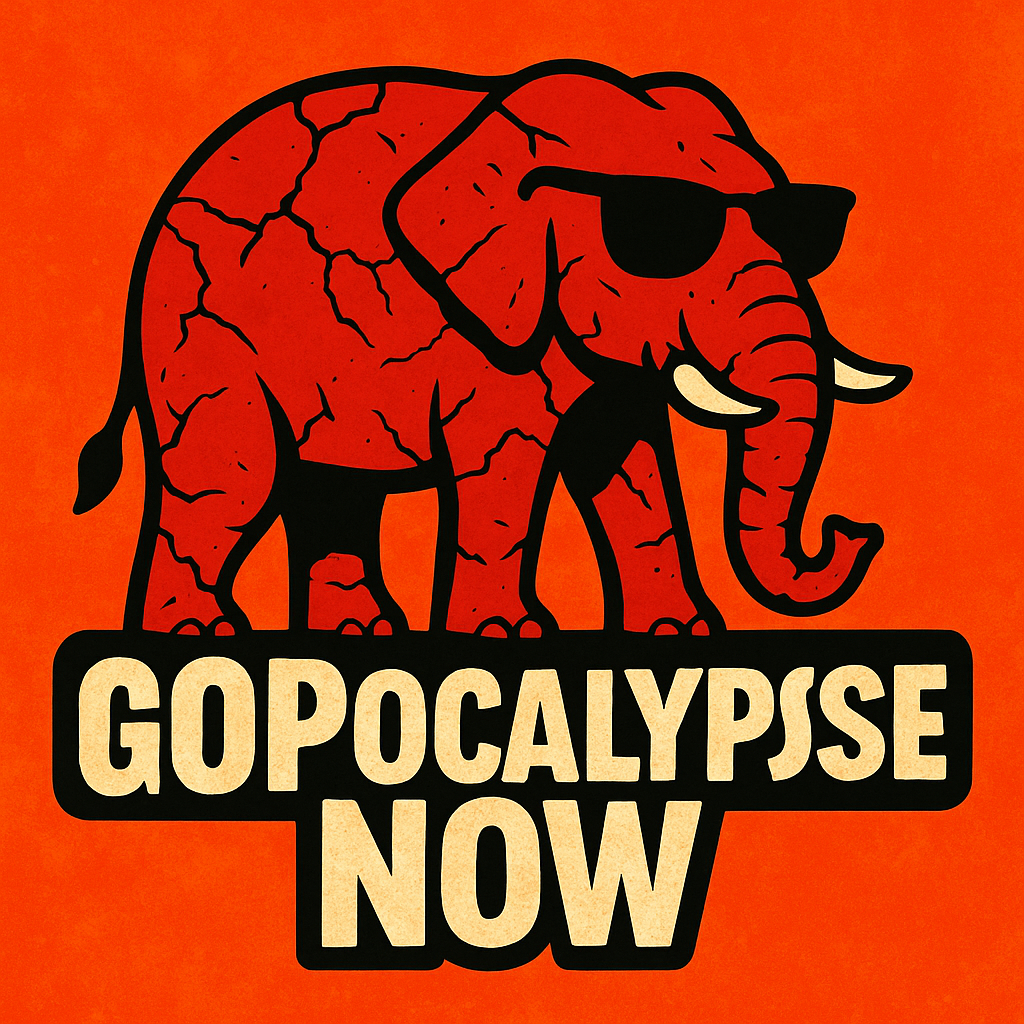
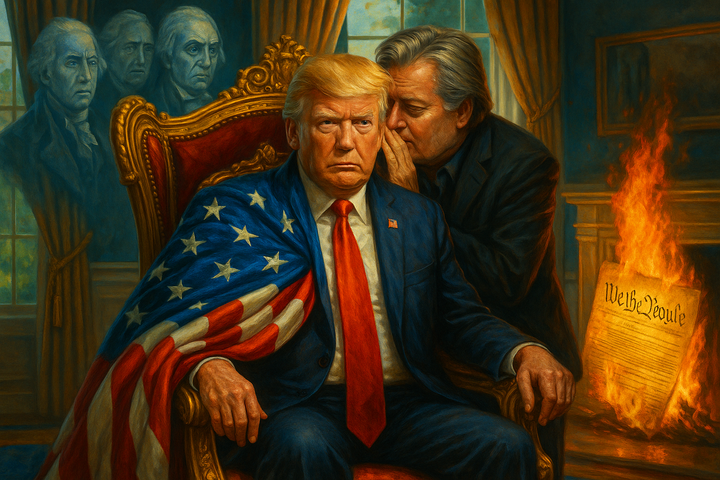
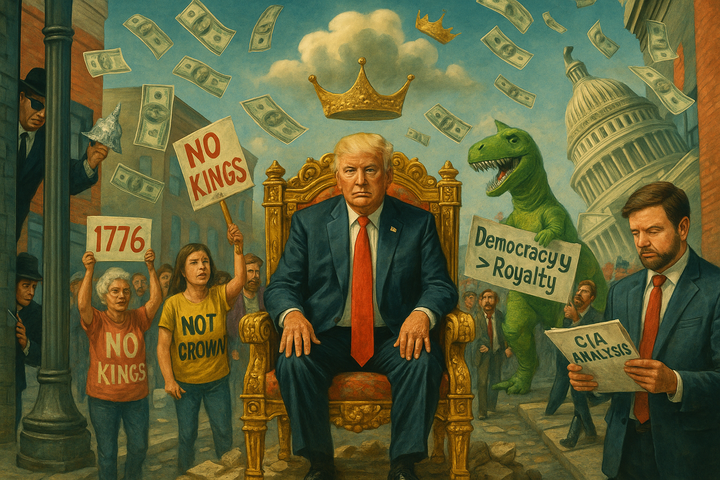
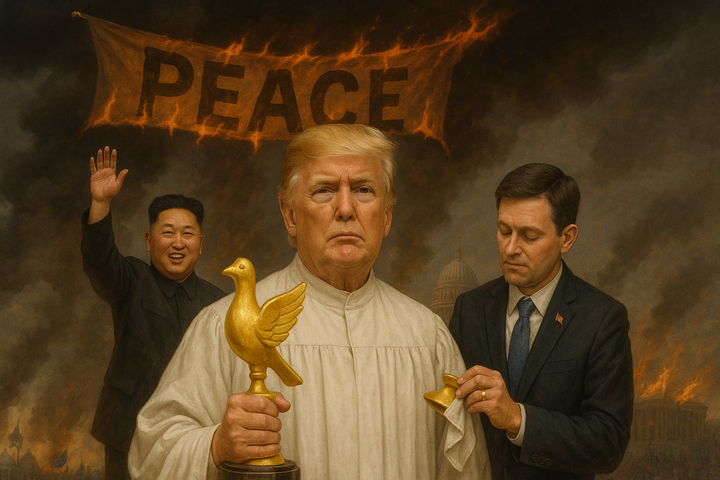
Comments ()